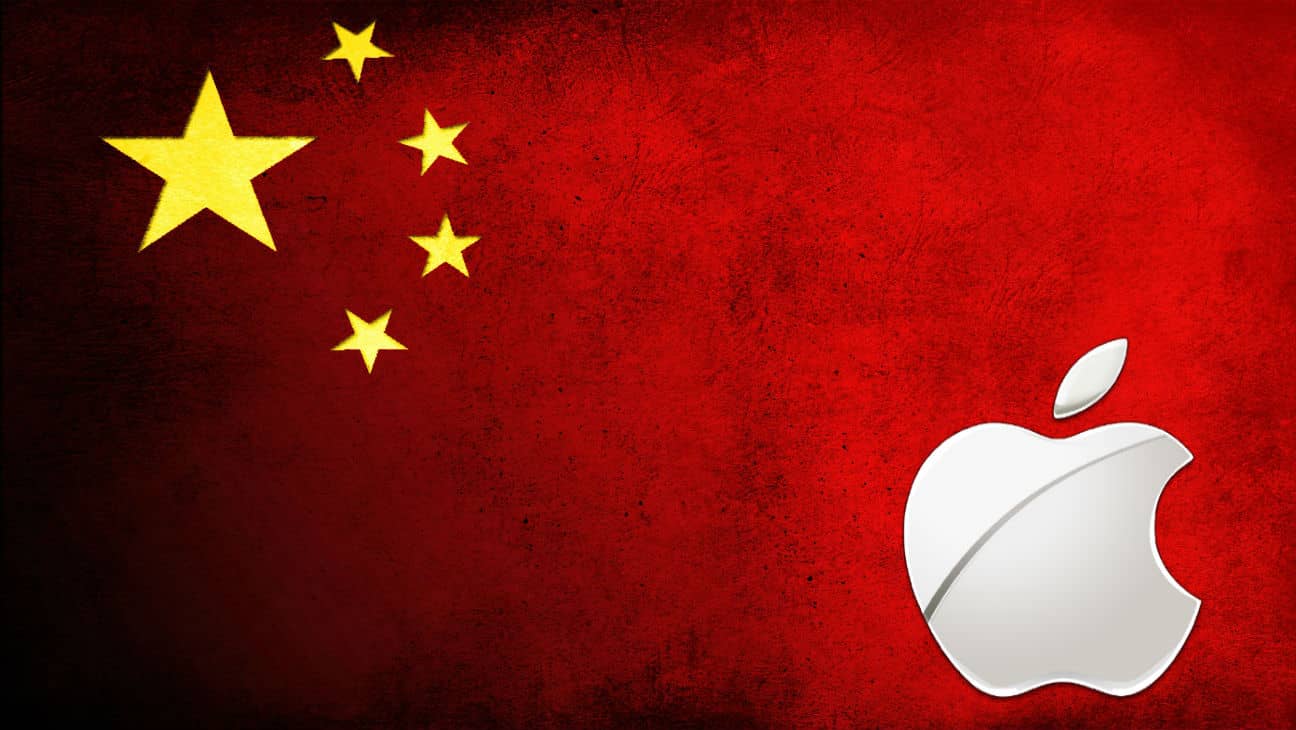
Apple loses ‘iPhone’ trademark to leather goods company in China
A Chinese court has ruled against Apple in a case over the use of the ‘iPhone’ trademark claiming that the Californian company failed to prove the term was “familiar to the public and widely known” at the time of registration. The trademark ‘iPhone’ was registered by the Chinese company Xintong Tiandi Technology Co. in 2007 on the same year the iPhone was launched, although it was not available in China until 2009. The company is a leather manufacturer that commercialises leather goods such as phone cases, purses, handbags and wallets.
The Beijing Municipal High People's Court ruled Apple could not prove that “iPhone” had achieved a well-known trademark status in China prior to Xintong Tiandi’s application (September 2007), specially taking into account that the iPhone just entered the Chinese market in 2009, but was announced in the United States in June 2007. Apple will proceed litigation with a retrial with China’s highest court.
The court ruling presents itself as another blow to Apple’s business affairs in China, as the country is the company’s second-largest market behind the United States of America and presents itself as one of the sources for its future growth. The ruling also came at a grievous time in which Apple is going through hardships due to a 26% plunge on its sales that has triggered the first quarterly decline in revenue since 2003. The concerns deepened confidence in Apple’s stock when billionaire activist investor Carl Icahn sold his entire stake in the company citing “the risk of China’s influence over the stock” and “regulatory concerns”.
Apple has had extensive issues related to trademark violation and counterfeiting in China in the past and continues to struggle with these issues to this day. It competes with an ever-growing parallel market that sells unauthorised falsifications of its electronic products such as the iPhone, iPod, and iPad. Recently Chinese regulators have also blocked Apple’s Mobile Entertainment services that offer services such as online books and films.
Intellectual Property rights between western countries and China continue to present itself as a deeply strained relationship due to extensive counterfeiting and government regulation.
Currency Info
Final charges will be made in USD.
Currency conversion is for information purposes only and accuracy is not guaranteed. Overseas customers are encouraged to contact their bank or credit card provider for details on any additional fees these institutions may include for currency conversion.
- USD 312.389 NGN
Territory List
There are no results for your search.
- Africa
- Algeria
- Angola
- Benin
- Botswana
- Burkina Faso
- Burundi
- Cameroon
- Cape Verde
- Central African Republic
- Chad
- Comoros
- Congo (Republic)
- Côte d'Ivoire
- Democratic Republic of the Congo
- Djibouti
- Egypt
- Equatorial Guinea
- Eritrea
- Eswatini (Swaziland)
- Ethiopia
- Gabon
- Gambia
- Ghana
- Guinea
- Guinea-Bissau
- Kenya
- Lesotho
- Liberia
- Libya
- Madagascar
- Malawi
- Mali
- Mauritania
- Mauritius
- Mayotte
- Morocco
- Mozambique
- Namibia
- Niger
- Nigeria
- Réunion
- Rwanda
- Sao Tome and Principe
- Senegal
- Seychelles
- Sierra Leone
- Somalia
- South Africa
- South Sudan
- Sudan
- Tanzania (mainland)
- Togo
- Tunisia
- Uganda
- Western Sahara
- Zambia
- Zanzibar
- Zimbabwe
- Africa (OAPI)
- Africa (ARIPO)
- Other
- East Timor
- Macao
- Maldives
- Portugal
- European Patent (EPO)
- European Union Trademark (EUTM)
- International Trademark (Madrid System)
- Patent Cooperation Treaty (PCT)




